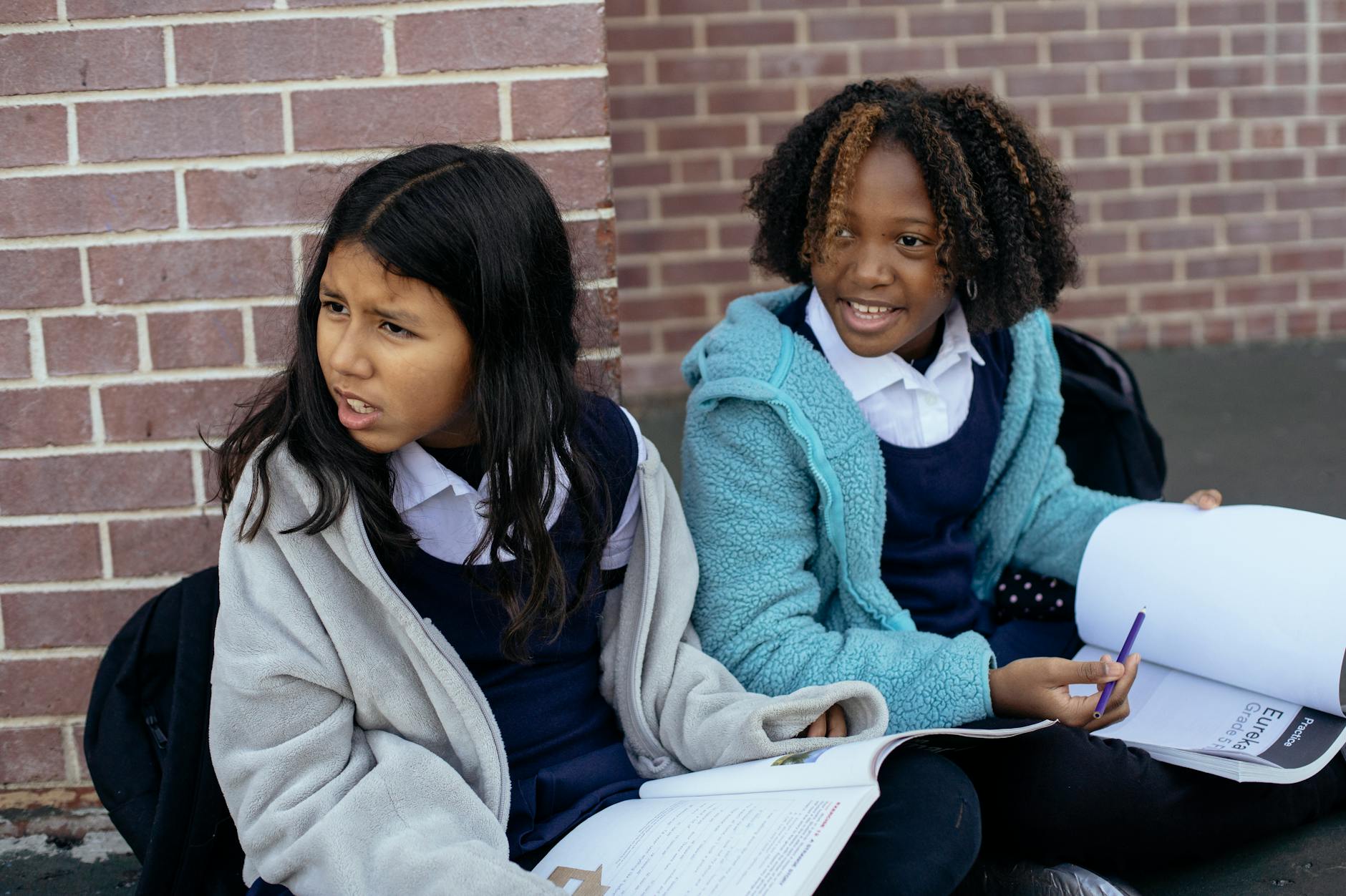How to Navigate Community Services Education in Australia

Recognizing Educational Pathways
Navigating the vast landscape of educational pathways can be daunting for many, but knowing the right choices can lead you toward empowerment and competence. Personally, transitioning from a Bachelor’s degree in Social Work to a Diploma of Community Services was pivotal in broadening my understanding and ability to impact vulnerable communities positively. One of the educational options to consider is the project management diploma, which provides critical skills for those aiming to move into leadership roles within their organisations.
Exploring opportunities in online learning can also be a game-changer. Short online courses offer flexibility and allow you to balance gaining new knowledge with existing commitments. In my experience, participating in community initiatives at Federation Square taught me valuable lessons on adaptability and resourcefulness, which are invaluable in online education as well.
It's crucial, however, to assess whether you want to step into emerging fields like cyber security. A cyber security course could open doors to safeguarding critical information, a skill increasingly necessary in today’s digital world. Although my primary focus remains on community services, expanding into such versatile areas can provide a rounded skill set helpful for organisational growth and security.
Ultimately, regardless of the path you choose, each step should align with your broader mission of driving meaningful change in our community. Balancing these educational pursuits with personal convictions empowers us to serve compassionately and effectively.
Choosing the Right Courses
Aligning with Career Goals
Balancing your passion for community work with practical career goals can be quite the dance. It's essential to select courses that align with your aspirations in community services. If you're seeking to make a greater impact, a diploma of counselling might be the right step. This qualification opens up opportunities to support individuals more effectively, whether you're expanding your role in non-profits or working on collaborative projects at Southbank. Personal growth in these areas not only improves your skill set but also enhances your resume.
Flexible Scheduling Options
Juggling work, studies, and personal life requires courses that offer flexibility. Many cyber security courses are now available online, offering part-time options that can fit snugly within your hectic schedule. There’s a sense of empowerment that stems from being able to learn at your own pace, allowing you to integrate new knowledge without disrupting your work commitments. This flexibility is crucial, particularly when you are active in hands-on community initiatives, such as those regularly held at the Melbourne Social Equity Institute.
Quality of Course Content
Finally, the quality of course content is a vital consideration. Whether you’re enrolling in a community services course or other related programs, make sure they provide comprehensive and up-to-date materials. Quality content can make all the difference in understanding complex subjects and applying them directly in your community work. Engaging courses can be a transformative experience, giving you insights and tools needed to make significant changes and support your community efforts.
Balancing Work and Study
Effective Time Management
Navigating the demands of work and study can seem daunting, especially when you're trying to make a meaningful difference in the community. When I embarked on my education journey, my pursuit of the diploma of project management became akin to mastering a new orchestral piece. Each chapter and assignment required precision and dedication. I quickly learned the importance of setting short, achievable goals daily. Allocating dedicated time slots for study amidst work commitments contributed to maintaining balanced productivity.
Leveraging Workplace Skills
Working in the non-profit sector often feels like an extension of the classroom. The connections between the theory and practical skills I've learned in conferences at the Melbourne Social Equity Institute resonate deeply with my career objectives. The diploma of business course, for instance, directly influenced how I approached strategic planning within my organisation. This allowed me to develop frameworks that empowered our collective mission without compromising on quality.
Building a Support Network
Support from peers and mentors has been pivotal in maintaining momentum. Engaging with like-minded professionals at community initiatives at Federation Square provided valuable insights into managing both my responsibilities and emotional well-being. Sharing experiences and seeking advice helped me stay focused and feel less isolated during academically intense periods. An empowered community fosters personal growth, and this network acts as an anchor in tough times.
Managing Study Overwhelm
Balancing coursework in a diploma of community services with real-world responsibilities can be daunting. As someone who has juggled similar challenges, I've learned the importance of prioritising tasks. For instance, during my project management courses, I used to break down large assignments into smaller, manageable parts. This tactic helped me focus on one thing at a time and maintained my motivation.
A practical approach is keeping a detailed planner. Write down your commitments and deadlines; seeing it all in one place can help reduce anxiety. It might seem trivial, but setting aside specific time slots for studying can make a significant difference. Remember, studying in bursts—say, 30-minute sessions—can be more effective than marathon sessions.
Accessing Financial Assistance
Pursuing further education often comes with financial burdens. Luckily, several avenues for financial assistance can ease this strain. Grants and scholarships are available for community workers aiming to enhance their skills. Research what your educational institution offers or consult with your student advisor for personalised advice.
Enquire about government programs or local community organisations that might provide support. For example, centres near places like Southbank often have initiatives aimed at enriching community services practitioners' expertise.
Securing Relevant Work Placements
Securing a meaningful work placement is crucial for applying what you've learned. Lean on your existing network; reach out to former colleagues, mentors, or professors for leads. Attend local mixers or forums at places like the Melbourne Social Equity Institute to connect with professionals who can guide you. Building these relationships not only opens doors to placements but also enriches your understanding of the field. Enrolling in courses that include placement components can also be advantageous, as they often offer structured opportunities connected directly to your field of study.
Best Practices
Embracing Industry Trends
Staying ahead in community services means being in tune with ever-evolving industry trends. This goes beyond just reading reports—immerse yourself in the vibrant discussions at the Melbourne Social Equity Institute. These platforms not only inform but challenge us to view issues from different perspectives. Once, during a session at Federation Square, I learned about integrating technology to better support our communities. This sparked a project at a local community center, where we used digital tools to connect with seniors—proving that adopting new trends can directly improve services.
Building a Strong Network
Networking is vital, but it’s more than handing out business cards at events. I’ve found immense value in relationships nurtured through genuine collaboration, like those at Southbank. Engaging with peers offers diverse insights and alliances, enhancing our understanding and broadening our impact. I recall joining forces with another local leader I met at a workshop; together, we launched a successful neighborhood initiative that addressed food insecurity. Such collaborations not only build career paths but strengthen communities.
Lifelong Learning in Action
Continuous professional development is the cornerstone of growth in our field. Consider engaging in workshops or enrolling in relevant programs that fit your educational pathway. Just last year, I pursued an advanced course that equipped me with innovative engagement techniques, which I immediately applied to empower youth in local programs. We must remain lifelong learners, investing in skills that drive positive change.


